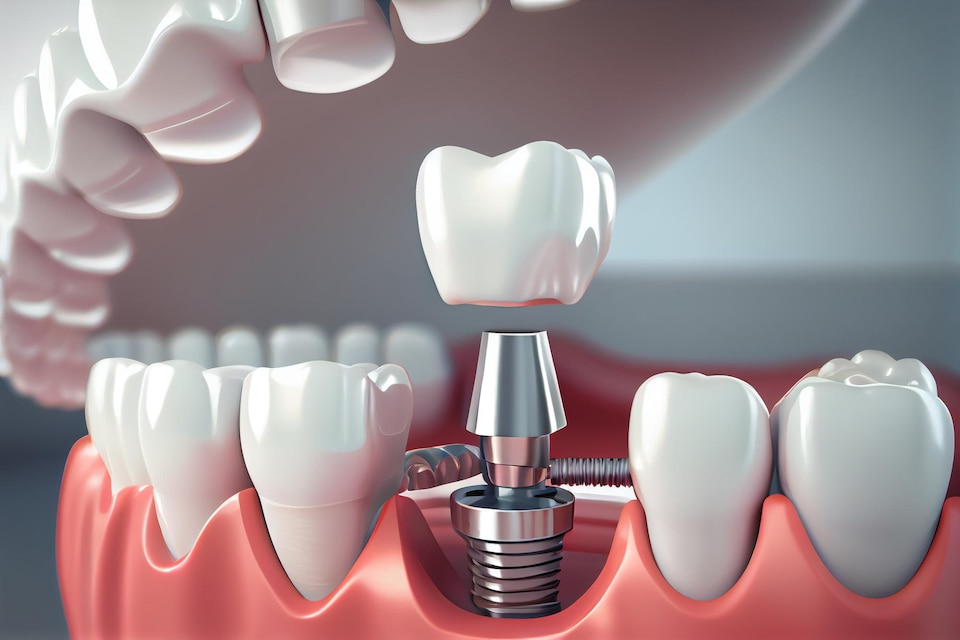Veneers: Cost, Process, and Composite Bonding Alternatives for a Flawless Smile


Veneers: Cost, Process, and Composite Bonding Alternatives for a Flawless Smile
Estimated reading time: 8 minutes
Key Takeaways
- Veneers offer a high-quality cosmetic solution with durable, stain-resistant options.
- Costs vary significantly between porcelain veneers and composite veneers.
- Composite bonding is a cost-effective alternative with quicker results but shorter lifespan.
- Treatment processes differ in duration, preparation, and follow-up care.
- Proper aftercare ensures longevity and maintains your radiant smile.
Table of Contents
- Introduction
- What Are Veneers?
- Breakdown of Veneers Cost
- Composite Bonding as an Alternative
- Comparing Treatment Processes
- Finding the Right Provider
- Aftercare and Longevity
- Making the Final Decision
- Conclusion and Call to Action
Introduction
Veneers are the pinnacle of cosmetic dentistry for those seeking a picture-perfect smile. These ultra-thin shells cover the front surface of your teeth with precision. In many cases, patients also explore composite bonding, a less intensive option, before making a final decision. This comparison uncovers crucial factors, such as veneers costs and the processes involved. To further refine your search, type “dental bonding near me” into your engine to find local dental professionals. If you’re also considering other cosmetic smile enhancements like professional teeth whitening, check out our comprehensive guide here.
What Are Veneers?
Veneers are refined, tooth-colored overlays meticulously bonded to the front of your teeth. They come in two types:
- Porcelain veneers: crafted from robust, stain-resistant porcelain in dental labs. They emulate natural enamel, transforming your smile’s color, shape, alignment, and size.
- Composite resin veneers: sculpted chairside from a tooth-colored resin applied directly onto teeth. A more economical solution with slightly less durability and stain resistance.
Breakdown of Veneers Cost
- Porcelain veneers: $900 to $3,000 per tooth, depending on material quality and provider expertise.
- Composite veneers: $300 to $1,100 per tooth, offering a budget-friendly alternative.
- Key factors include material choice, number of teeth treated, dentist’s skill level, and geographic location. Explore financial options and insurance considerations.
Composite Bonding as an Alternative
Composite bonding, or dental bonding, applies a tooth-colored resin to correct minor imperfections. Advantages include lower cost ($100 to $1,100 per tooth), quick application, and minimal preparation. Drawbacks are a shorter lifespan (3–7 years) and higher susceptibility to staining. For a detailed comparison, click here.

Comparing Treatment Processes
The treatment processes for veneers and composite bonding differ significantly:
- Veneers: Multiple visits over 2–3 weeks, including consultation, tooth preparation, and fittings.
- Composite bonding: Completed in a single visit with minimal preparation and immediate results.
Porcelain veneers offer a lifespan of 10–15+ years, compared to 3–7 years for composite resin.
Finding the Right Provider
Choosing the right professional is crucial. Start by searching “veneer teeth specialist” or “dental bonding near me.” Evaluate credentials, experience, and patient reviews. Ask about their experience with your chosen treatment and maintenance recommendations.
Aftercare and Longevity
Maintain your new smile with daily brushing using non-abrasive toothpaste, regular flossing, and alcohol-free mouthwash. Avoid hard foods and reduce stain-inducing beverages. Schedule six-month check-ups to preserve aesthetics and function. For a broader overview of essential dental procedures and their aftercare, view our detailed guide. More details are available here.
Making the Final Decision
Consider cost, aesthetic goals, and tooth preparation requirements. Veneers offer a durable, high-end result at a higher price point, while composite bonding is ideal for quick, cost-effective improvements.
Conclusion and Call to Action
Both veneers and composite bonding enhance dental aesthetics and boost confidence. Your choice should reflect your cosmetic needs, budget, and timeline. For personalized advice, book a smile evaluation or search “dental bonding near me” to connect with experienced cosmetic dentists.
FAQ
- How long do porcelain veneers last?
- Porcelain veneers can last 10–15 years or more with proper care.
- Are composite veneers reversible?
- Composite veneers can be adjusted or removed more easily than porcelain.
- Is the veneer process painful?
- Most patients report minimal discomfort due to local anesthesia during tooth preparation.
- Can I whiten my teeth after getting veneers?
- Veneers do not respond to whitening treatments, so teeth should be whitened before placement.









